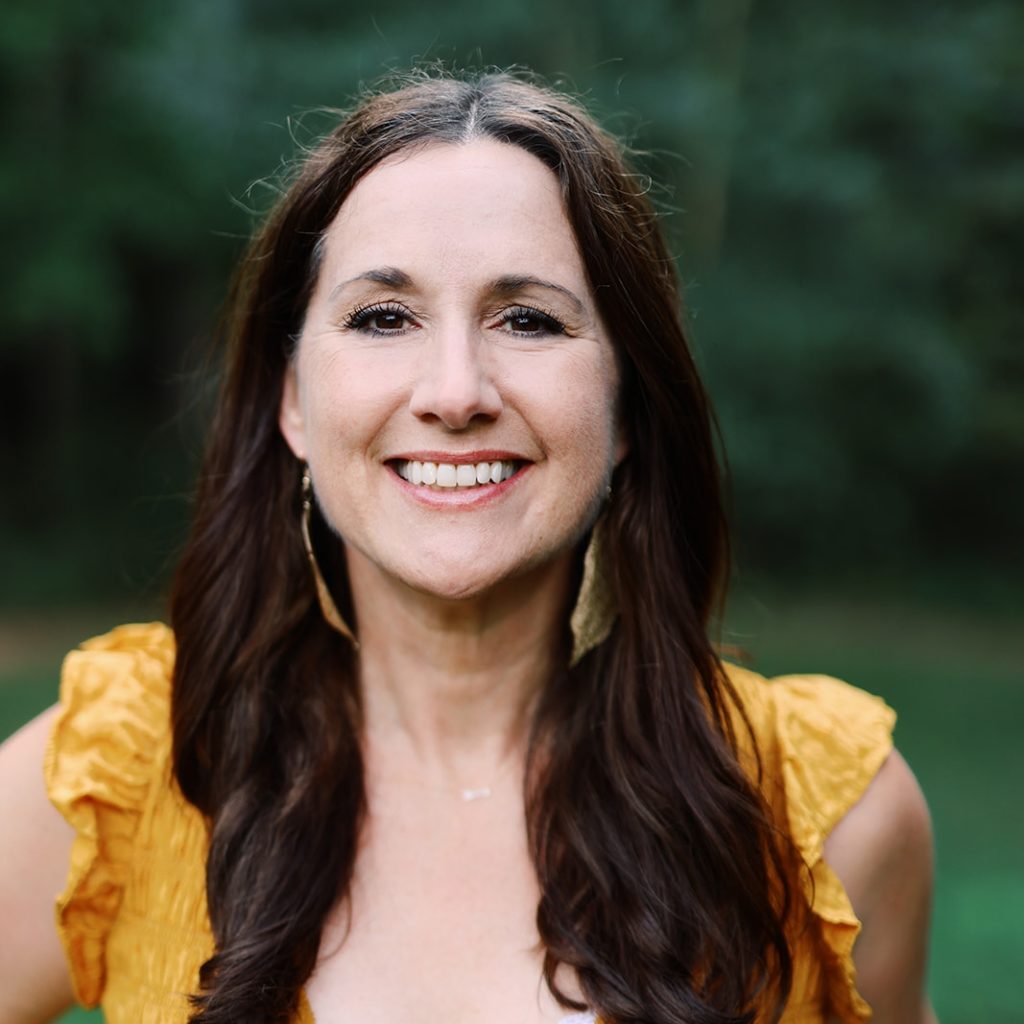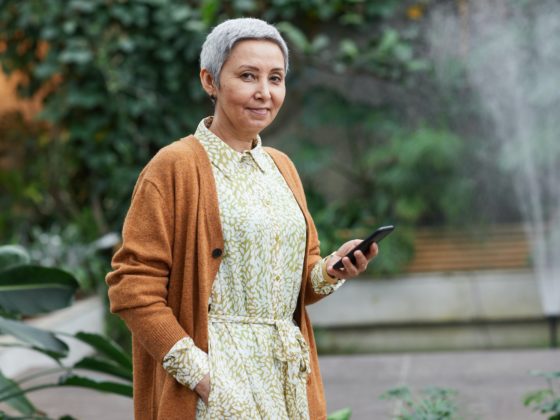by: Stephanie Sarazin
As you reflect upon your own life, or the life of your loved one, a common set of images may come to mind. Most likely these are happy milestone moments spanning a lifetime; birthday celebrations marked with candles and cake; champagne glasses toasting newlyweds; showers of gifts to support first-time parents; bucket list travel adventures kicking off retirement. Such moments are common reflections because they are all customary American traditions. But if you look closer, you may notice another commonality among them; they are traditions that celebrate beginnings. In today’s culture, we are very good at celebrating beginnings, but less fluent in the language of endings. Whether it is transitioning out of a relationship, a job, or life itself, there is far less fanfare when we honor our endings; even though endings are a guaranteed part of life, we may not even honor them at all!
It’s understandable; change, loss, and grief involve emotions that are hard and uncomfortable. If you were raised in a family or community that swept endings away instead of honoring them, you may struggle with this aspect of life, too. If this is true for you, know that you aren’t alone. We learn about death and grief by how it was or wasn’t modeled in our homes. If an avoidant style was modeled over generations, it helps to explain why the ability to honor our endings is so difficult. A recent article in the New York Times, quoted the late Dr. Philip Incao who believed that bodily burial became commonplace in the United States “so that the American family doesn’t have to deal with death and dying”.
But that is changing, and today more than half of Americans are cremated after death, Dr. Incao among them. Upon his passing, his family honored his wishes for his funeral which included cremation outdoors. This may not have been the traditional end of life ritual expected for an 80—year old American man, but it was one his family honored. Days after his death, his body was cremated at the only public open-air funeral pyre in the United States, located nearby Incao’s home in Colorado.
While such a ritual may not be the wish of you or your loved one, talking about our endings is an important conversation to begin. As we continue to talk about our endings, we begin to honor ourselves and better support those we love through theirs.
 Stephanie is the founder and steward of Rise Up Rooted, a budding online community where those living with ambiguous grief are invited to seek resources that offer support, affirmation, and suggestions for how to navigate the gnarled nuances of this complex emotion. As she tried to understand and seek relief from her own deep grief, she was struck by the lack of resources that were relevant to her situation. She partnered with addiction specialist Dr. Sophia Caudle to develop, co-author, and publish the Ambiguous Grief Process Model and the Ambiguous Grief Assessment.
Stephanie is the founder and steward of Rise Up Rooted, a budding online community where those living with ambiguous grief are invited to seek resources that offer support, affirmation, and suggestions for how to navigate the gnarled nuances of this complex emotion. As she tried to understand and seek relief from her own deep grief, she was struck by the lack of resources that were relevant to her situation. She partnered with addiction specialist Dr. Sophia Caudle to develop, co-author, and publish the Ambiguous Grief Process Model and the Ambiguous Grief Assessment.
You can order her book, Soulbroken, here! In it, she presents the ambiguous grief process, offering insights to help readers better understand the nuances of their grief experience when a loved one is not lost to death. With compassion, grace, and authenticity, Sarazin presents practical tools, personal narratives, and exercises that encourage you to dig into your experience, examine your hopes, and reimagine life on the other side of your loss.
Follow Stephanie!
on Facebook: therealStephanieSarazin
on Instagram: @stephing_thru
Website: stephaniesarazin.com





